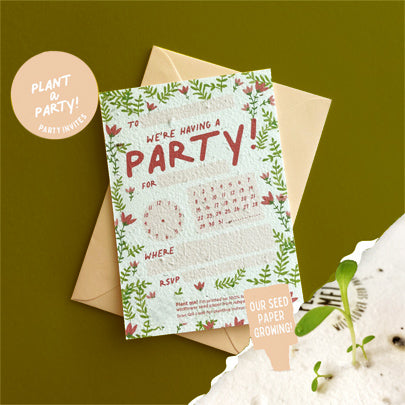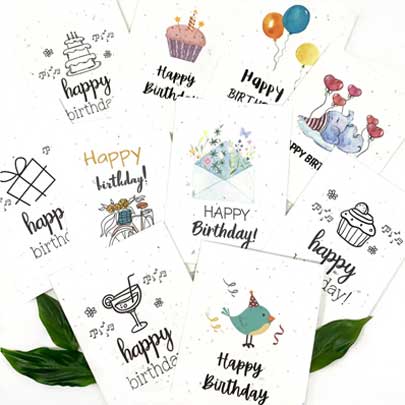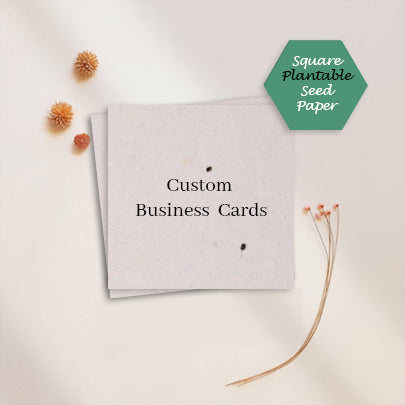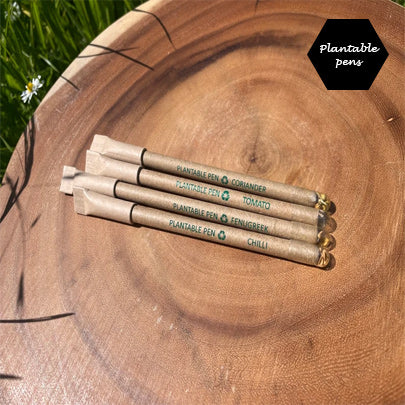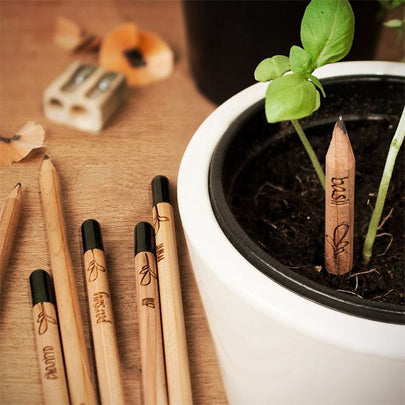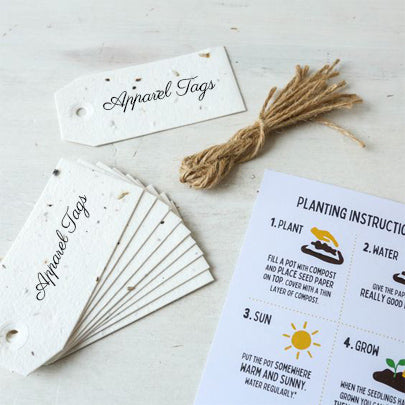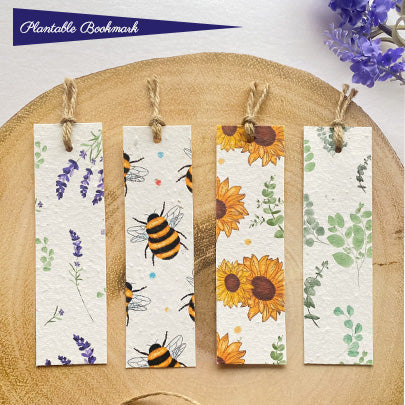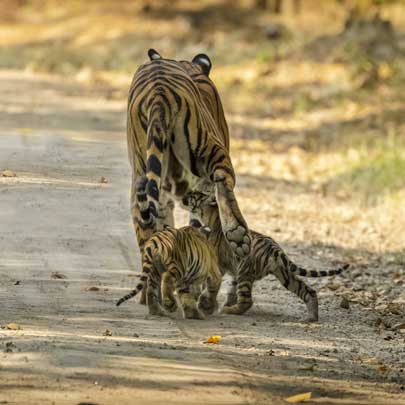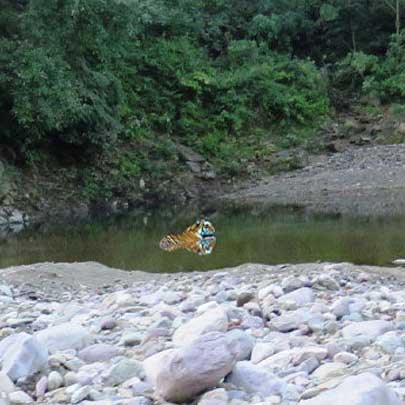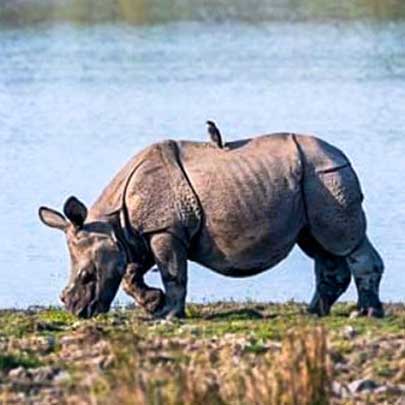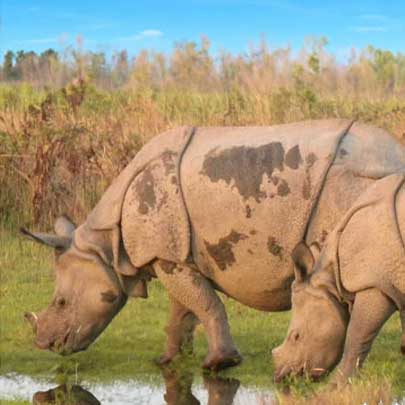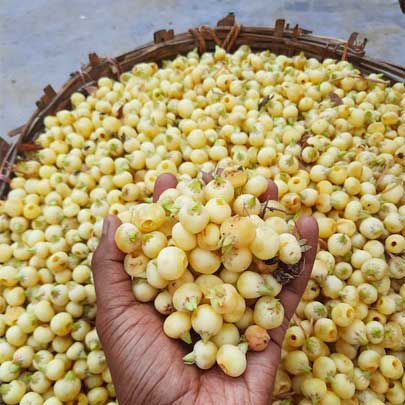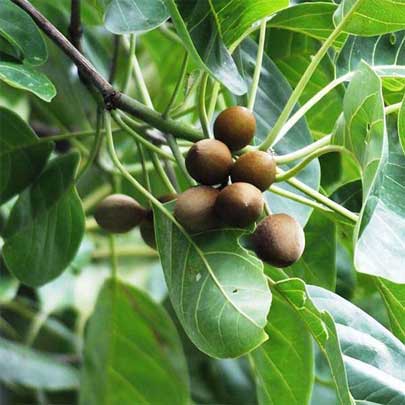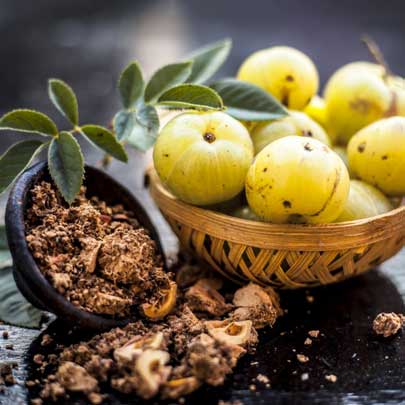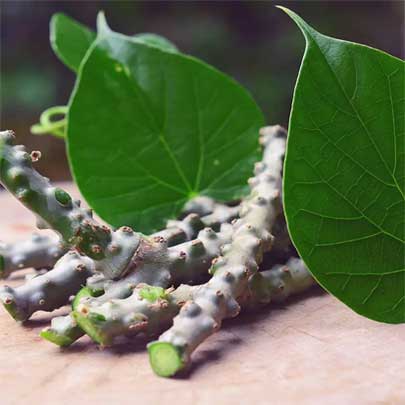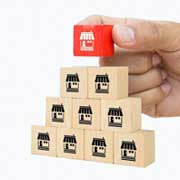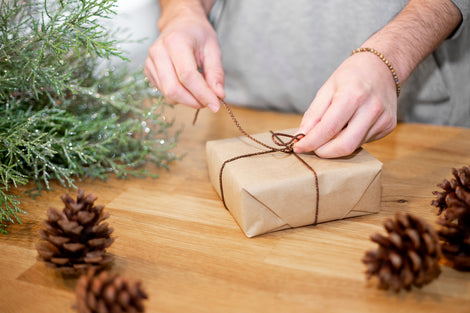Sowing Seeds Of Change: The Impact Of Seed Paper Products On Reforestation
In the quest for sustainable practices, Seed Paper Products have emerged as eco-friendly alternatives that not only serve functional purposes but also contribute significantly to reforestation efforts. These innovative products, embedded with seeds, have the potential to make a positive impact on the environment. Let's delve into how seed paper products are influencing reforestation and fostering a greener future.
1. Seed-Embedded Paper Composition:
- Seed paper is crafted from recycled materials, such as post-consumer waste or cotton fibers, combined with seeds. The paper is biodegradable, and when planted, the seeds germinate and grow into plants, fostering reforestation.

2. Reduced Waste and Eco-Friendly Production:
- The production of seed paper products often involves a more sustainable and eco-friendly process compared to traditional paper production. This results in reduced environmental impact and less waste generated during manufacturing.
3. Plantable Wedding Invitations and Event Stationery:
- Seed paper is commonly used for plantable wedding invitations and event stationery. As these items are distributed to a larger audience, they become vehicles for spreading seeds and contributing to reforestation on a broader scale.

4. Consumer Engagement in Reforestation:
- Seed paper products engage consumers in the reforestation process. Whether it's through plantable business cards, greeting cards or promotional materials, individuals are encouraged to participate actively in growing plants and contributing to environmental restoration.

5. Variety of Plantable Seeds:
- Seed paper offers a variety of plantable seeds, including wildflowers, herbs and tree seeds. The diversity of seeds allows consumers to choose products aligned with their preferences and ecological goals, whether it be supporting pollinators or fostering tree growth.
6. Educational Element:
- Seed paper products often come with planting instructions, adding an educational element to the experience. Users learn about the germination process, the specific needs of the planted seeds, and the role they play in reforestation efforts.

7. Corporate Sustainability Initiatives:
- Many businesses are adopting seed paper for their promotional materials and corporate stationery. This aligns with corporate sustainability initiatives and serves as a tangible demonstration of a company's commitment to environmental responsibility.
8. Community and Wedding Favors:
- Seed paper wedding favors and community giveaways contribute to reforestation at a local level. The act of distributing these favors creates a shared experience, fostering a sense of community involvement in environmental conservation.

9. Potential for Large-Scale Impact:
- The collective use of seed paper products has the potential for large-scale impact. If widely adopted, the cumulative effect of planting seeds from various paper products can contribute to the restoration of ecosystems and the enhancement of biodiversity.
10. Continuous Environmental Benefits: - Beyond the initial purpose of the product, the continuous environmental benefits of seed paper extend as the planted seeds grow into plants. This process supports air quality improvement, soil conservation and the creation of habitats for wildlife.
Seed paper products serve as more than just functional items; they represent a tangible and impactful way for individuals and businesses to contribute to reforestation efforts. By integrating seed paper into various aspects of daily life, from events to corporate branding, we not only reduce waste but actively participate in nurturing a greener and more sustainable future. The impact of seed paper products on reforestation exemplifies the power of innovative and eco-friendly solutions in addressing environmental challenges and fostering a heightened sense of responsibility towards our planet.











